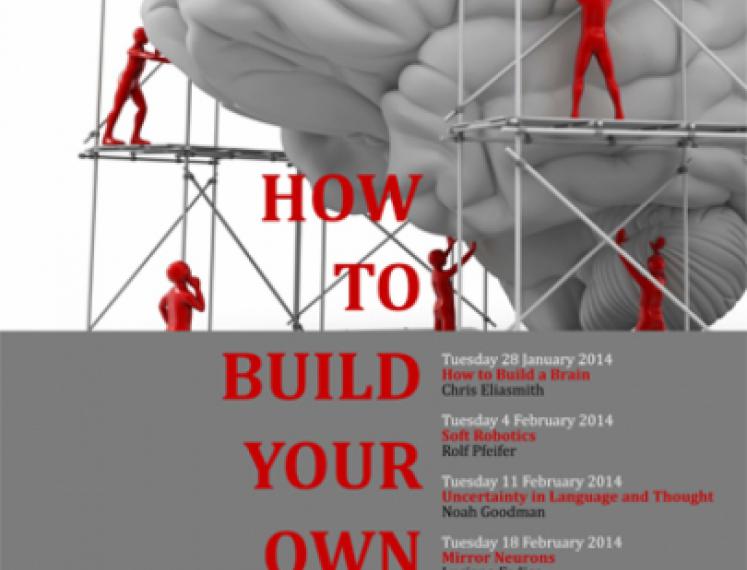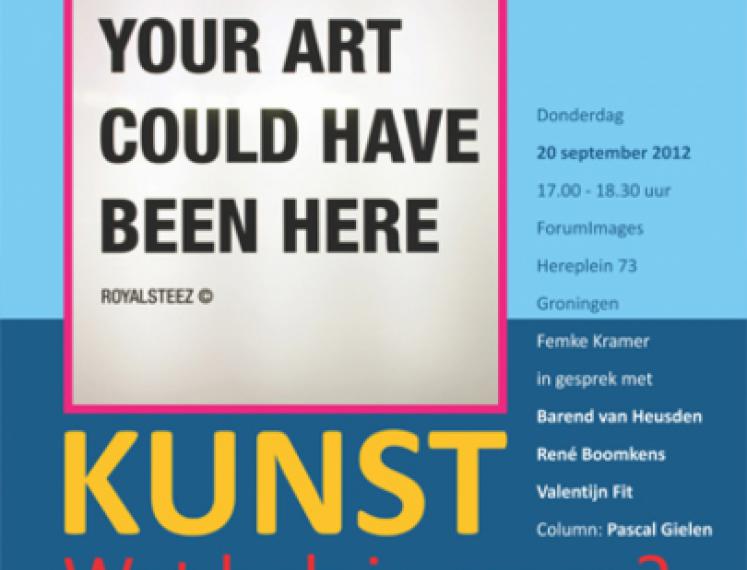Mirror Neurons
Mirror neurons have been considered one of the most important discoveries of modern neuroscience. What are their possible functions and applications and how can our understanding of mirror neurons be used in technology and robotics?
Mirror neurons have been considered one of the most important discoveries of modern neuroscience. They demonstrate that, in order to understand and interact with other individuals, the brain uses the same motor representations it normally uses to act. They provide the brain with an implicit knowledge about the others’ internal states, thus allowing inferences, interactions and communication. A proof of that is represented by the influence that this discovery exerts on multidisciplinary fields, involving disciplines such as neurophysiology, neuropsychology, psychiatry, philosophy, sociology, linguistics and even artificial intelligence and engineering. For example, mirror neurons may serve as a jumping-board for developmental robotics, a sub-field of artificial intelligence in which robots learn new actions by imitation. What exactly are mirror neurons and how do they work? What are their possible functions and applications? And how may mirror neurons represent the expression of a more general mechanism of sensorimotor integration?
Luciano Fadiga, Professor of Physiology at the University of Ferrara and senior scientist at the Italian Institute of Technology, Genoa, was among the discoverers of mirror neurons and provided the first evidence of their existence in humans. He has further shown a mirror system for speech, functional to perception. He is actually studying the possible rooting of linguistic syntax in the motor system and the use of mirror neurons in neurorehabilitation. His work has received more than 20,000 citations.
Interesting links
Webpage Luciano Fadiga
Website Neurolab



